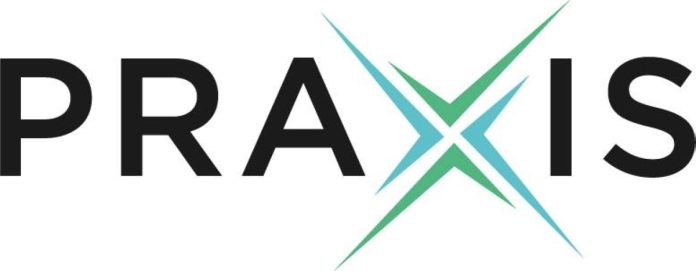Praxis surges as drug improves daily function for movement disorder patients in trials
Praxis Precision Medicines (PRAX.O), opens new tab said on Thursday its experimental drug for a type of movement disorder improved patients’ ability to perform daily tasks in two late-stage trials, sending its shares surging more than threefold.
The company was testing the drug, ulixacaltamide, in adults with essential tremor, a nervous system condition that causes involuntary shaking, primarily affecting the hands and arms. The condition has no approved treatment designed specifically for it.
The first study, which enrolled 473 patients, showed the drug improved daily functioning by 4.3 points on a commonly used scale, compared to placebo.
In the second trial, patients showed superior maintenance of effect while on ulixacaltamide, compared to those who switched to placebo.
This study enrolled 238 patients and they received Praxis’ drug for eight weeks. Those who improved by 3 points on the scale were then randomized to receive either placebo or continued on ulixacaltamide for an additional four weeks.
Piper Sandler analyst Yasmeen Rahimi said the trial data win validates major opportunity for the company after Wall Street had given up on the drug following the recommendation from the independent committee.
The committee had in February recommended stopping the first trial for futility and said it was unlikely to meet the main goal based on assumptions at that time.
“Today, I think what we talk about is it’s not luck, it’s certainty, and the certainty is with the final results that we have for both studies,” said CEO Marcio Souza.
Praxis plans to submit its application for ulixacaltamide to the U.S. Food and Drug Administration by early 2026. It said about 80% of the required documents for the filing were ready.
It said the drug was generally well tolerated, with no serious side-effects linked to the treatment.
The company was on track add about $2.67 billion to its market capitalization, if gains hold.











